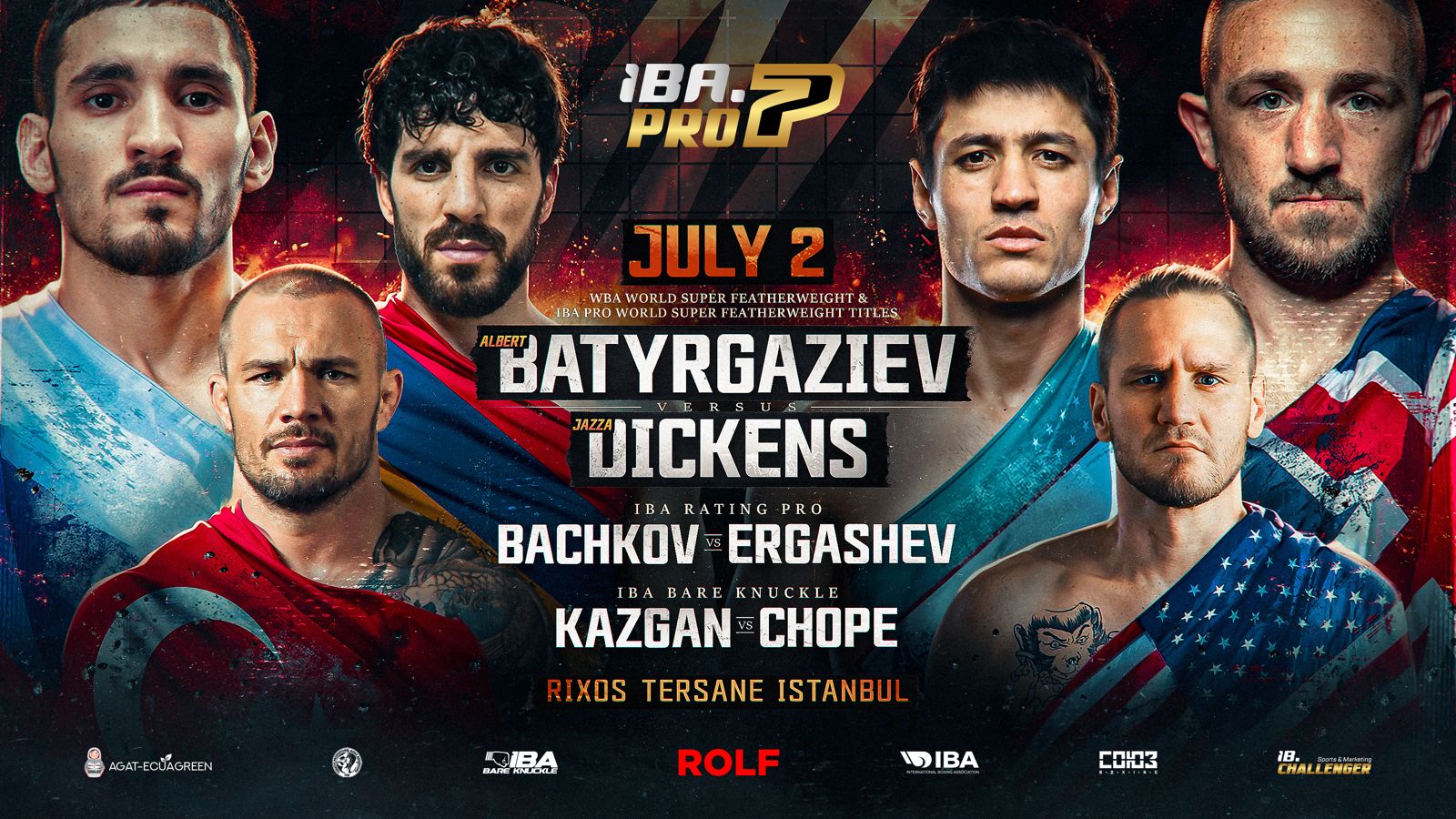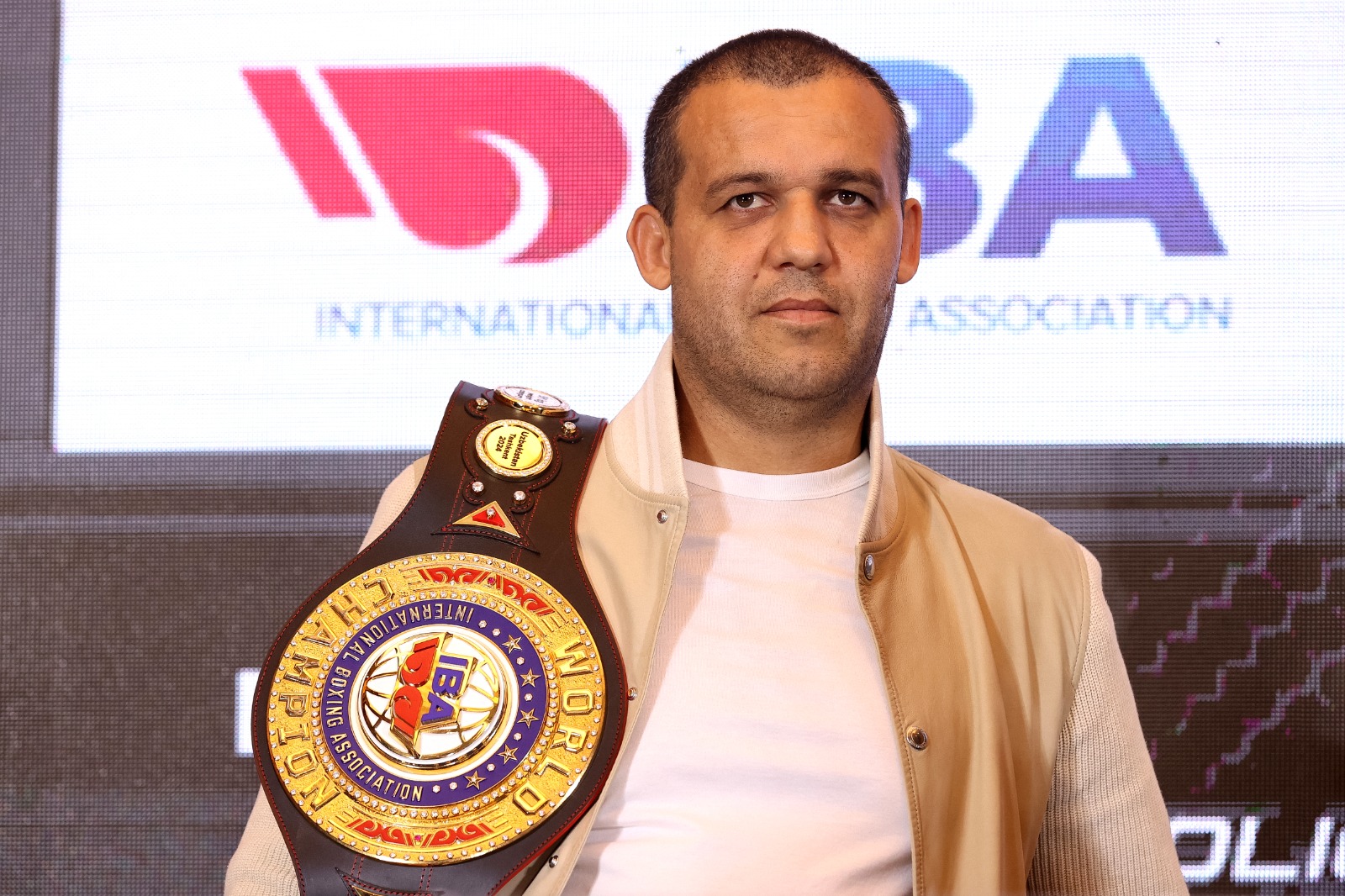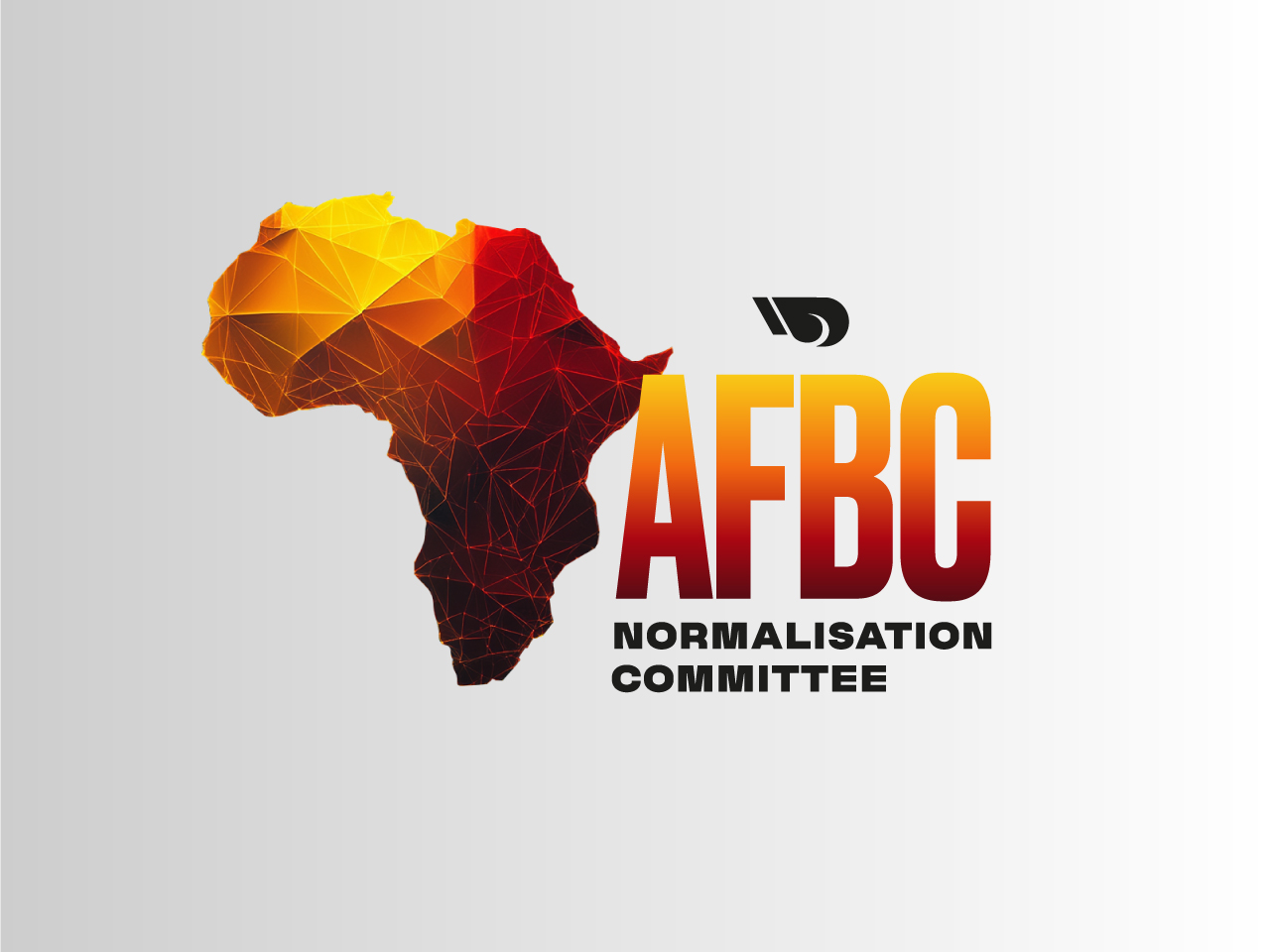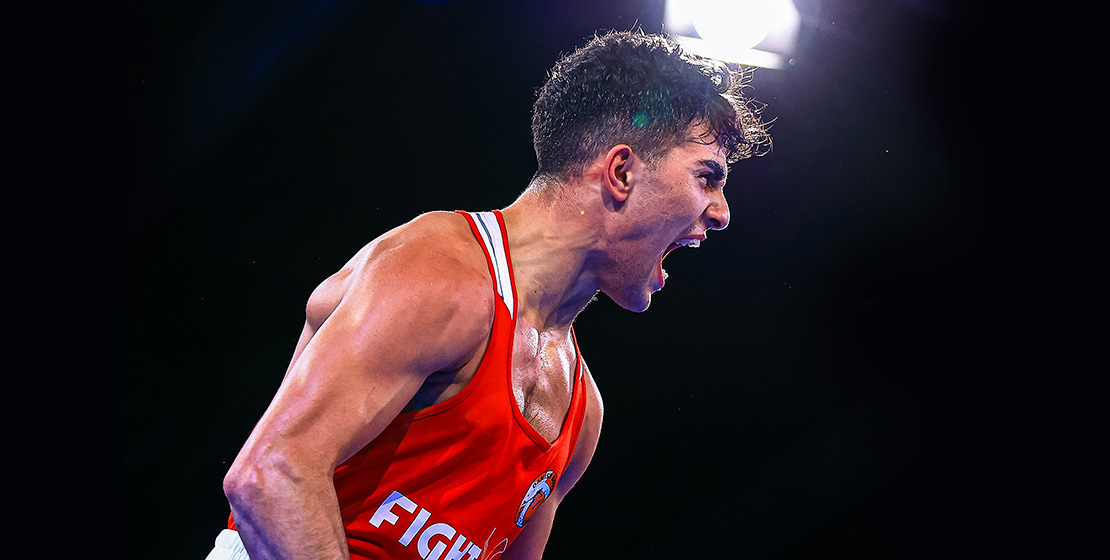AIBA President speaks from Lausanne for the first time since positive Court ruling
September 28th, 2017 / IBA
Following the Swiss Court’s ruling on Monday 25 September that confirmed Dr Ching-Kuo Wu’s leadership of the organisation and refused to recognise the so-called IMC and its demands, the AIBA President looks to draw a line under the recent confusion and move forward alongside the 202 member National Federations for the good of boxing and the AIBA Family as a whole.
Lausanne, 28 September 2017
In light of the Court’s decision, how do you reflect on the past two months?
I want to underline how regrettable this situation has been both for AIBA and for our 202 member National Federations who have become caught up in the so-called IMC’s political manoeuvrings. I consider it unforgiveable for members of the AIBA Executive Committee to use the Hamburg 2017 World Championships and AIBA as pawns in their play for power, and I commend the work done by the staff to ensure that the tournament was a success in spite of some EC members efforts. But beyond Hamburg, the so-called IMC have sullied everything that we have achieved over the past 12 months to put integrity, transparency and ethics at the forefront of everything we do for the AIBA Family. As such I am pleased to hear the Courts have discredited them and demanded that the individuals involved personally pay our legal costs.
The fact that the so-called IMC is basing some of their claim against AIBA on financial mis-management whilst openly colluding with the former Executive Directors Ho Kim and Karim Bouzidi – the very individuals who were in charge and made our financial situation precarious – should make it perfectly clear that this is not their main motive behind trying to discredit the current governance. The present administration has ensured greater financial transparency than ever, making available the results of the KPMG audit and putting in place a clear strategy to resolve the loan situation with the Azeri investor. Everything the so-called IMC has put out has been distorted by their own agenda.
What does the Court’s ruling mean for AIBA?
The ruling means that AIBA Executive Director, our team in Lausanne and our 202 National Federations, can now continue implementing our long-term vision for boxing. The upscaling of the recent World Championships and the level of the partners with whom we worked such as Borgward, adidas, Sportcom, IMG was clearly visible in Hamburg, and that was only made possible by following a strategy that put the AIBA Family first. That effort has also enabled us to increase revenues from future World Championship hosting fees, and our most prestigious major events for the next four years are already in place. Despite the efforts and baseless comments of the so-called IMC, we have been able to put boxing in a much healthier position over the past 12 months.
What are the next steps in the strategy to develop boxing?
We want to give even greater attention to our development projects around the world, and work closely with the AIBA Family and our 202 National Federations to repair the damage done recently by this political turnoil. It is a sad symbol of this group of Executive Committee members that they have barely contributed to deliver a single constructive plan to steer boxing’s growth through the Tokyo 2020 Olympic Cycle. When I launched the Year of Africa, its underlying mission was to engender an overall raising of standards at all levels of boxing on the continent and for it to become the benchmark for sustainable development programmes in other regions. Among the many elements that this year-long experience has revealed is that the AIBA model of Continental Confederation governance needs to be reviewed to make sure we are giving our NFs the most pro-active framework possible for them to work within. Several NFs have expressed their dissatisfaction at the way their Confederations are run and suggested that they are not receiving the support they require. AIBA must move forward in harmony with the different demands and best interests of all its National Federations, and I will be ensuring that is the case as we review our framework and our governance in the future.
How do recent events affect the governance relationship between AIBA and the EC?
This has become a very difficult and important question. An Executive body is essential to the smooth running of any organisation, but it must pull in the same direction and represent the best interests of our Association. Instead, the AIBA Executive Committee has been openly acting against AIBA. Nine months ago, the EC expressed their satisfaction when they were shown the finances and the KPMG audit, signing a letter of support for my Presidency. What in fact they have done is share this confidential information with outside parties and formed a series of groundless criticisms of the current governance.
I think that the Swiss Court has made that clear too in its decision this week. There is no issue with the EC as an entity, but we need to ensure the members work for their sport rather than themselves. For too long now, certain members have sat back and watched boxing’s success, not been instrumental in it. At the same time, the so-called IMC was the result of individuals’ designs on taking over the Association. If they really believe that any short-term change now would not lead to another power struggle among egos and vested interests in a year’s time, then they will be very disappointed and, most regrettably of all, boxing and all our stakeholders will only suffer even further.





